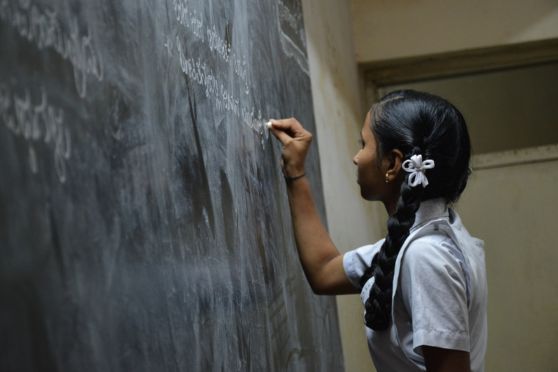India has achieved near-universal primary school enrolment, according to UNESCO’s Global Education Monitoring Report 2024-25 released recently. But this means little because the same report also shows that the country, along with many others, continues to grapple with poor learning outcomes. The GEMR found that 73% of children in developing countries are unable to read and comprehend a simple text by the age of 10 — a stark indicator of the growing gap between access to education and quality learning. This chasm is also borne out by the findings of the Annual State of Education Report 2024, which showed that in India, only 27.1% of Class III and 48.8% of Class V students are able to read a Class II text. The role of well-trained teachers in sufficient numbers in affecting learning outcomes is an oft-highlighted fact. But the GEMR stands out for underlining an aspect that often goes overlooked when it comes to discussions on learning outcomes: leadership. The principal of a school has a significant role to play when it comes to ensuring how students are taught and how much of the lessons they are retaining. It is worrying, then, that the GEMR revealed that the processes for selecting and preparing school principals lack coherence. In numerous cases, individuals are appointed to leadership roles based on length of service or bureaucratic credentials — West Bengal was cited as an example for this poor practice — rather than on evidence of leadership skills. A survey cited in the GEMR also shows that Indian principals are burdened with responsibilities such as data reporting, coordinating mid-day meals and so on, leaving them little time for academic leadership or mentoring teachers. Additionally, the GEMR also raised a red flag when it comes to skewed gender representation in leadership roles, leading to unequal learning outcomes for girls and boys.
India is among the 31% of countries that lack formal induction systems for school principals. Perhaps it could take a leaf out of the books of Bangladesh and Vietnam, which have improved learning outcomes by introducing structured reforms in principal recruitment, training, and decentralised school governance. For all its stated goals at the level of policy — the National Education Policy is an example — primary education remains an area of concern. Ameliorative steps must be taken urgently for a study suggests that a child’s inability to learn starts a vicious cycle of widespread disillusionment among students, parents and teachers. Breaking this vicious cycle requires effective interventions to improve the standards of primary education.











